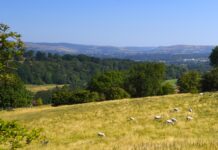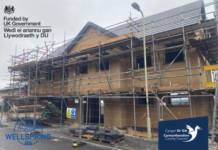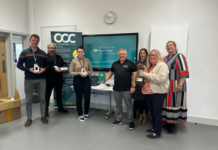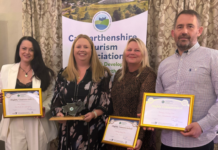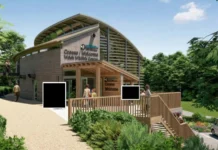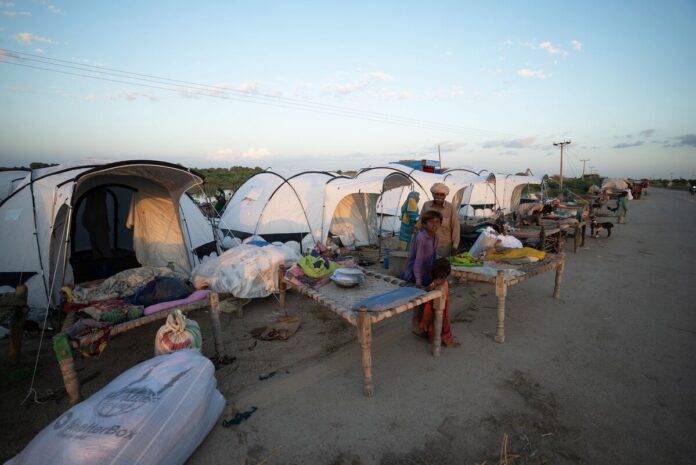
The term ‘natural’ disaster has long been widely used to describe tropical storms, floods, earthquakes, and volcanic eruptions, but there needs to be an urgent shift in the language we use. While the term may seem harmless, and we’ve not always got it right, we’ve learnt through our ongoing work with disaster affected communities, how it perpetuates a dangerous myth that nothing could have been done to prevent people or the environment being so badly affected. This can lead to a lack of action to help people who need it.
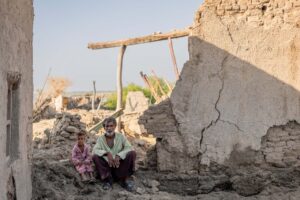
A disaster is not a natural occurrence but a result of systemic inequalities in access to resources and power. By framing disasters as ‘natural’, it masks the underlying social, economic, and political instability that make marginalised and disadvantaged communities disproportionately affected. And it undermines the need for proactive measures to protect vulnerable communities.
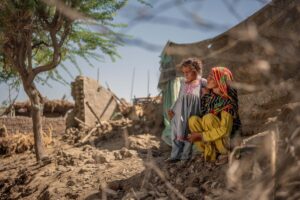
At ShelterBox we respond to disasters all over the world, providing emergency shelter and other essential items to people left with very little. Our teams see first-hand how issues like inequality, poverty, urbanisation, deforestation, and the climate crisis, can make communities more vulnerable. Yet public discourse still often frames disasters as natural, most recently in coverage of the earthquakes in Türkiye and Syria and the monsoon flooding in Pakistan.
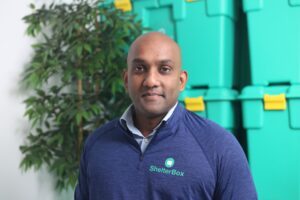
When I visited Pakistan after monsoon flooding last year, it was clear how the devastating impacts of the floods were within humanity’s power to mitigate – the people worse affected were those living in poverty, with the least means to protect themselves, and few resources to recover or withstand the next event.
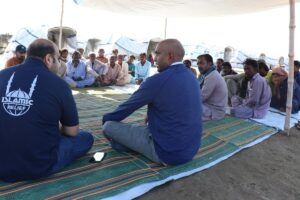
The language we use matters. Instead of using ‘natural’ disaster we simply say ‘disaster’ or are more specific, describing the extreme weather, earthquake, tsunami, or volcanic eruption.
Sanj Srikanthan, CEO, ShelterBox
Help keep news FREE for our readers
Supporting your local community newspaper/online news outlet is crucial now more than ever. If you believe in independent journalism, then consider making a valuable contribution by making a one-time or monthly donation. We operate in rural areas where providing unbiased news can be challenging. Read More About Supporting The West Wales Chronicle








